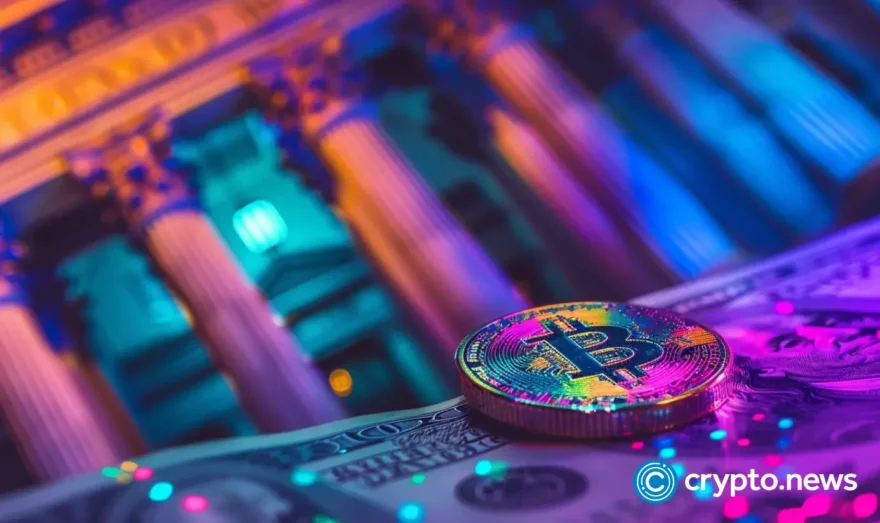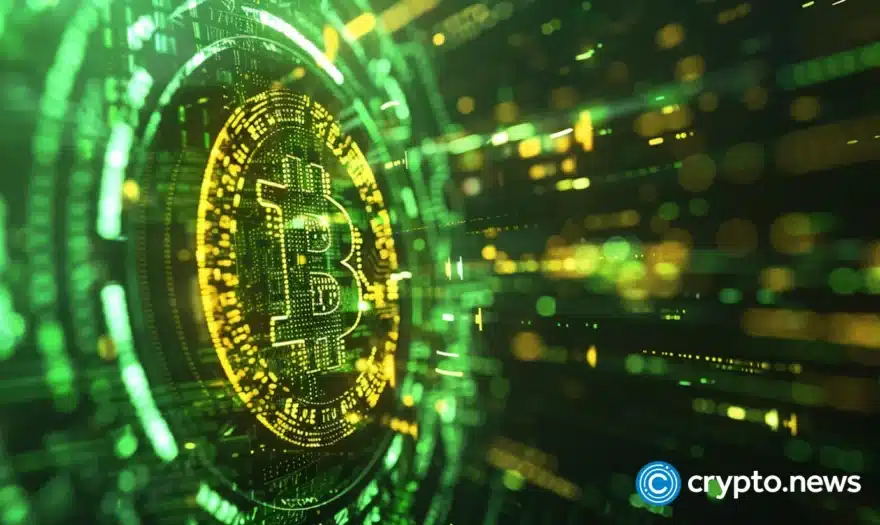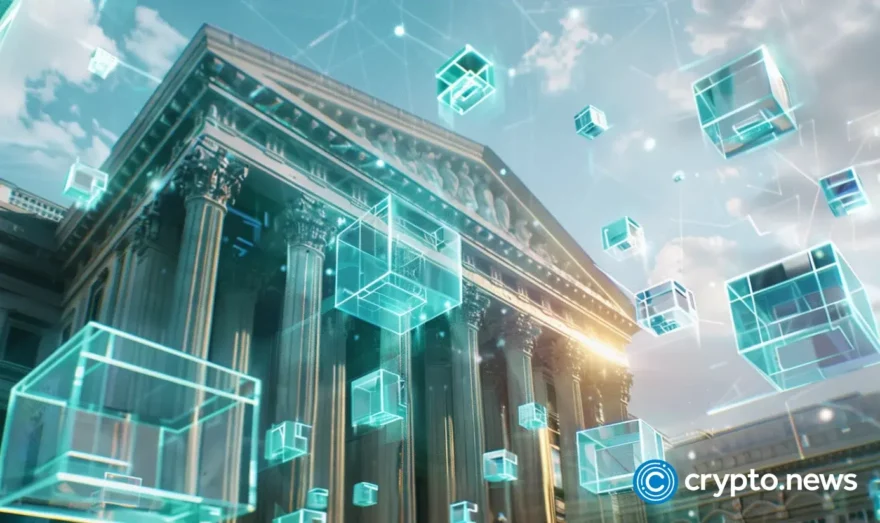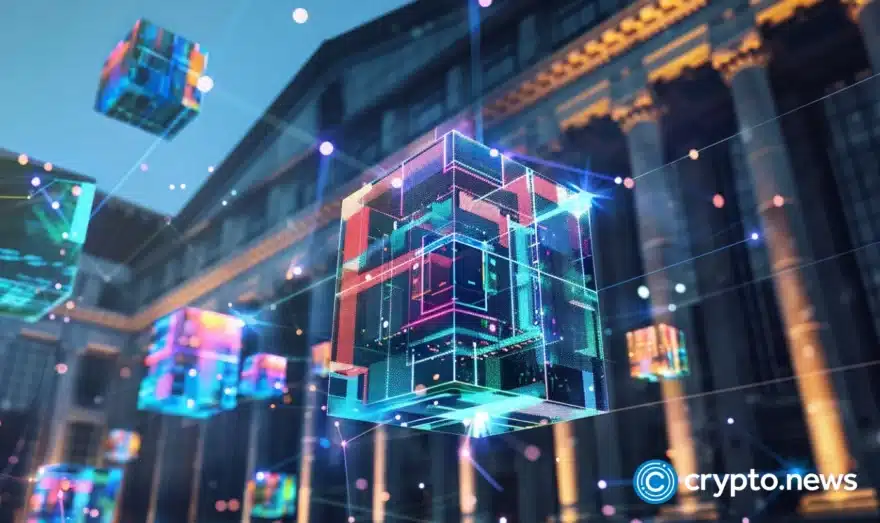Exclusive interview with Dr. Yifeng Tian, tokenization scientist

crypto.news recently had a one-on-one interview with Dr. Yifeng Tian. He is the first researcher who introduced and conducted a systematic analysis of blockchain-enabled finance in infrastructure investment. Let’s welcome him to share insights into how blockchain technology can be leveraged to promote infrastructure investment and achieve sustainable goals.
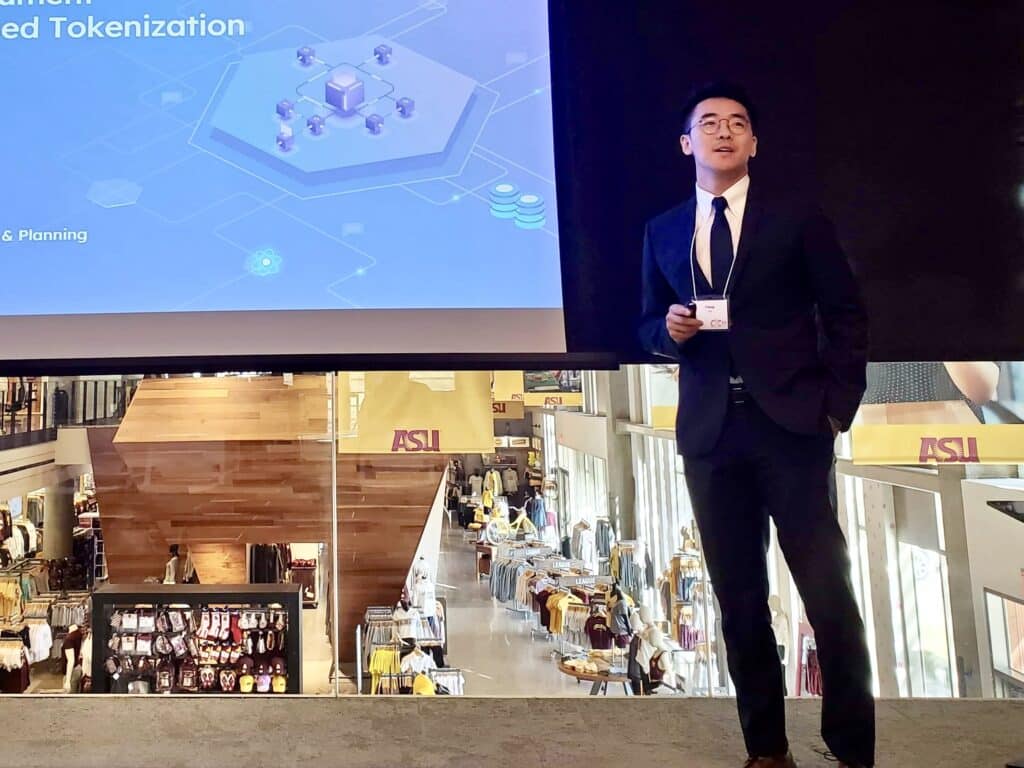
Q1. Is it feasible for blockchain-enabled tokenization to be applied in infrastructure finance?
According to the research conducted by my team, the answer is yes. Infrastructure assets can be tokenized and represented on blockchain for financing purposes like real estate, commodities, and security. In an oversimplified example, there is a wind farm valued at $5m. By issuing 5 million digital tokens backed by this infrastructure asset (wind farm), each token is priced at $1 and represents 1/5,000,000 economic benefits of the asset. The fundamental principle of the tokenization of infrastructure assets is no different from the successfully implemented tokenization of asset models. Businesses are exploring this field. Even though the adoption is still very early, the direction is clear, and the potential is huge.
Q2. How does the tokenization of infrastructure on blockchain work?
In theory, tokenization can be applied to most types of infrastructure in both private and public sectors. Whether the project is energy, transportation, telecommunication, or healthcare doesn’t matter. As long as token investors are offered sufficient economic returns as incentives to compensate for the risks, tokenization can be applied. For revenue-generating projects, dividends and interest are paid by the project’s cash flows. For non-revenue-generating projects, availability payments provided by governments are used to ensure financial availability. Government bonds can be tokenized for public infrastructure to raise funds for project development. Concerning private infrastructure, corporate equity, corporate bonds, project equity, project bonds, and infrastructure funds can be tokenized.
Q3. Your research team is the first to introduce blockchain-enabled tokenization in infrastructure finance. What were the motivations? How did you seize the opportunity?
I was inspired by real estate tokenization. Both infrastructure and real estate are real assets. From the standpoint of finance, they share some similarities. If tokenization can be successfully applied in real estate investment to engage the capital of retail investors worldwide, it should also be applied to infrastructure. It was very challenging initially, as I was the only researcher in this field. I had minimal resources to rely on to continue this research. Gradually, scholars and practitioners found my research and sought collaborations on theoretical studies and pilot case experiments. After years of research, my team has established a solid theoretical foundation for the tokenization of infrastructure. With the support of our partners, I will continue to build my research team’s advantage in this subject and apply it in practice to realize real efficiency gains.
Q4. How do your research findings affect ordinary people like you and me?
With the support of blockchain-enabled finance, more investors can participate in infrastructure investment, and more infrastructure can be built. Have you ever dreamed of owning a toll road running through major cities and getting paid by tolls regardless economy’s up and down? Do you think adding wind farms or solar plants to your investment portfolio is a good idea? Under the current finance system, it was impossible. Like you and me, retail investors can’t afford to invest millions of dollars. Only institutional investors have access. If tokenization is applied, infrastructure assets are converted into divisible tokens. Each token represents a tiny portion of the economic value of the underlying asset. The minimum investment can be reduced to less than $100 or even $10. For the first time, retail investors can afford infrastructure investment. If you like, you can build a portfolio that includes a $100 investment in the energy plant five-mile away from your house, a $200 investment in the airport in your city, and a $100 investment in a toll road connecting your city and others. As you can imagine, with more capital unlocked from the private sector, there will be more infrastructure. Life is much more convenient in places where infrastructure is well-developed. The tokenization of infrastructure will eventually change the way of our lives fundamentally.
Q5. What are the major benefits of the tokenization of infrastructure?
Major efficiency gains brought by the tokenization of infrastructure include enhanced transparency, reduced cost, and improved liquidity. Transparency is the hallmark of blockchain. Transaction information is immutably stored on the blockchain, which can be accessed and audited in real-time. Self-enforcing and self-executing smart contracts reduce the administrative burden and the number of intermediaries required in the process, which leads to cost reduction and faster execution. Tokens backed by infrastructure assets can be easily transferred globally in a peer-to-peer manner or listed for trading on secondary markets. Tokenization has shown the potential to revolutionize infrastructure finance and the entire finance industry.
Q6. Can tokenization be leveraged to promote climate actions and sustainable development?
Tokenization can be an essential financing tool for reducing climate change and addressing sustainability. Proper design and government support can convert positive social and environmental impacts into investable tokens. Investors are offered economic incentives to consume sustainable and climate-friendly services and goods. Through tokenization, growing interest in impact investing is connected with high-impact infrastructure development. As a result, new funding streams are unleashed, facilitating the sustainability transition.
Q7. Do you anticipate universal adoption in the near future?
Tokenization is a very promising technology. It shows the potential to disrupt the current finance system and drive substantial efficiency gains in infrastructure investment. However, the nascent technology must overcome numerous regulatory and technological obstacles before its universal adoption. In most countries, the outlook for regulations supporting blockchain-enabled finance is short-term and unpredictable. Technical issues associated with blockchains, such as security, privacy, and interoperability, must be addressed before widespread adoption. The tokenization of assets, including infrastructure assets, is an unstoppable trend. With innovative thinking and bold actions, new waves of financing and novel forms of partnerships will be unchained. I am optimistic that tokenization will be the next market evolution and realize universal adoption in the next decade.
Disclosure: This content is provided by a third party. crypto.news does not endorse any product mentioned on this page. Users must do their own research before taking any actions related to the company.
